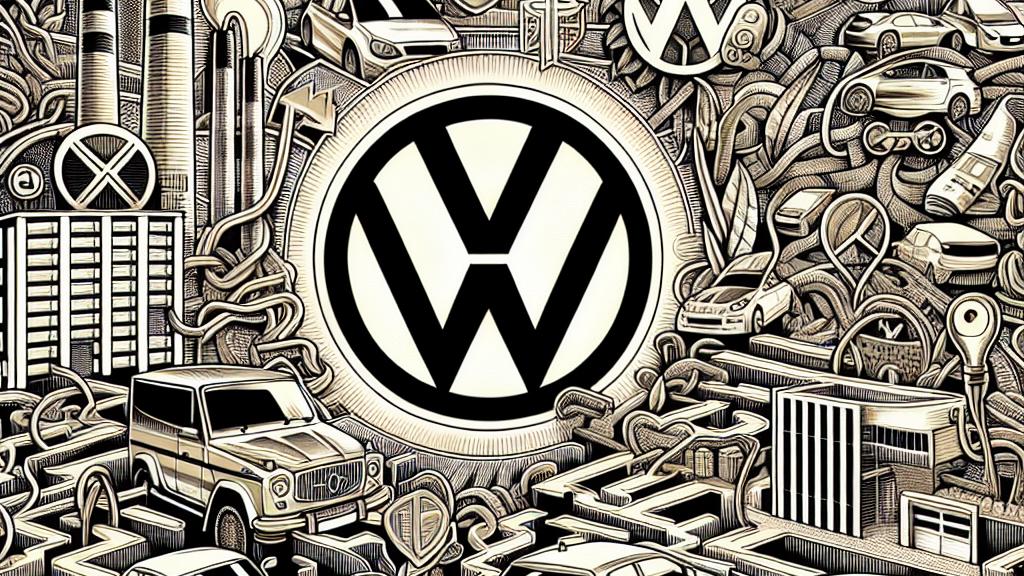Germany's Automotive Giants Face Challenges in Electric Vehicle Transition
Overview
- Volkswagen, BMW, and Mercedes-Benz Group are experiencing serious financial struggles.
- Shifts in the economy and market dynamics complicate their electric vehicle transition.
- Embracing sustainable supply chains is essential for future success and competitiveness.

The Financial Struggles of German Automotive Leaders
In the heart of Germany, iconic automotive brands such as Volkswagen, BMW, and Mercedes-Benz Group are grappling with unprecedented financial challenges. The once-thriving industry is facing alarming profit warnings, primarily driven by a downturn in the key Chinese market—historically the largest automotive hotspot. With the global shift from internal combustion engines to electric vehicles (EVs), these manufacturers find themselves at a crossroads. For instance, Volkswagen faces the daunting prospect of possible plant closures and significant job cuts. These manufacturers must pivot swiftly and strategically to adapt to this changing landscape; otherwise, they risk losing their long-standing status in the automotive world, a position they have held for decades.
The Need for Sustainable Supply Chain Management
As the automotive world shifts gears toward electrification, the importance of sustainable supply chain management (SSCM) cannot be overstated. German automotive companies are increasingly focused on adopting innovative practices that prioritize environmental responsibility. For example, following the fallout from the notorious emission scandal, firms are now implementing effective measures to recycle and repurpose battery materials, actively contributing to a circular economy. Companies like BMW have begun partnering with sustainable tech firms to revolutionize battery production and recovery processes, ensuring both transparency and accountability. Such initiatives do more than boost public perception; they help manufacturers meet growing consumer expectations for environmentally responsible practices. By embracing this transformation, German automakers can enhance their competitiveness while ensuring that the revered 'made in Germany' label remains synonymous with quality and integrity.
A Complex but Promising Future for EVs in Germany
The future of electric vehicles in Germany is laden with both promise and complexity. With the escalating demand for EVs, battery production has emerged as a critical area of focus. Take Tesla's ambitious Gigafactory in Nevada and GM's recent investments in battery technology as prime examples of industry leaders who are setting the pace. These developments not only ensure the efficiency of supply chains but also cater to the increasing consumer appetite for electric options. However, they come with significant challenges. The sourcing of essential minerals like lithium, cobalt, and nickel poses a formidable test for the industry. To navigate this landscape, companies must invest in innovative recycling methods that aim to minimize the environmental impact of battery production while maintaining profitability. As environmental regulations tighten, the need for collaboration between automakers, governments, and tech innovators will be paramount. Ultimately, embracing these challenges can lead to breakthroughs that not only solidify Germany’s position in the automotive market but also pave the way for a sustainable future in transportation.

Loading...